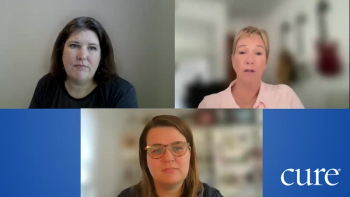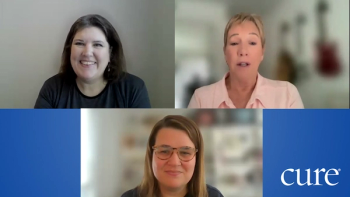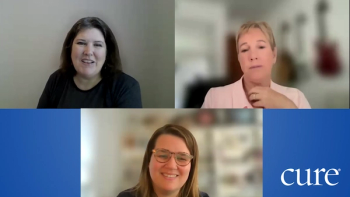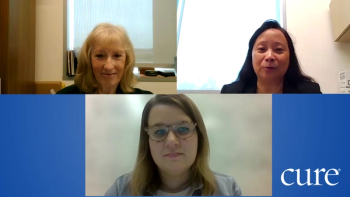
CURE Webinar on Diversity, Equity and Inclusion in Prostate Cancer
In conjunction with ZERO — The End of Prostate Cancer, CURE® recently hosted the “Educated Patient® Webinar: Advancing Equity in Prostate Cancer Care.”
In conjunction with ZERO — The End of Prostate Cancer, CURE® recently hosted the “Educated Patient® Webinar: Advancing Equity in Prostate Cancer Care,” hosted by Darlene Dobkowski, Associate Editorial Director for CURE®.
A panel of experts shared their insights and answered viewer questions during the webinar. These individuals included: Dr. Scott T. Tagawa, professor of medicine and urology and co-leader of the experimental therapeutics program at Weill Cornell Medicine in New York; Dr. Francisco Gelpi, urologic oncologist at Houston Metro Oncology in Texas; and Kris Bennett, director of health equity, community organizing and engagement for ZERO — The End of Prostate Cancer, a national nonprofit organization that aims to advance research, encourage action and provide education and support to men and their families.
Here are the topics that were discussed during the webinar — as well as some questions that were answered.
Disparities in Screening and Testing in Prostate Cancer
- What disparities persist regarding the testing of patients with prostate cancer? How does education play a role in this specific inequity?
- Which groups of patients are most affected by these disparities?
- What type of outcomes can be expected in patients with prostate cancer who are impacted by these disparities?
- What needs to be done to address disparities in screening and testing for prostate cancer?
Minimally Invasive Treatment Options for Radiation, Side Effect Management
- What are the minimally invasive treatment options available for patients with prostate cancer? Are they easily accessed for patients with prostate cancer?
- What are the side effects associated with minimally invasive treatment with radiation? How can they be managed?
- What are rectal spacers? How can they both aid in side effect management and preserve quality of life?
- Are there any techniques that patients with prostate cancer should be aware of and bring up with their doctors regarding radiation in an attempt to reduce their exposure?
Symptoms of an Enlarged Prostate, Treatment and Education Around Benign Prostatic Hyperplasia (BPH)
- What are the symptoms of an enlarged prostate? Does this necessarily mean cancer? What are the differences between an enlarged prostate and prostate cancer?
- Why is it important for patients with prostate cancer (or who are at risk) to know about this condition?
- Are certain patient groups more likely to develop enlarged prostates than others? And does this condition perhaps increase a patient’s risk for prostate cancer?
- What is the available treatment for patients with enlarged prostates?
- Where can patients obtain more information regarding this condition?
For more news on cancer updates, research and education, don’t forget to




